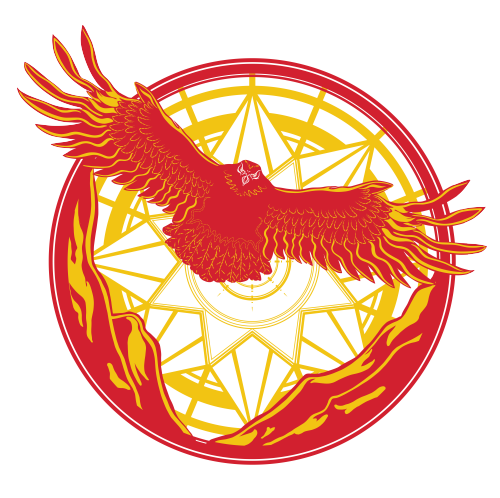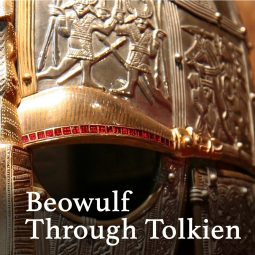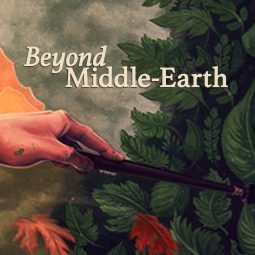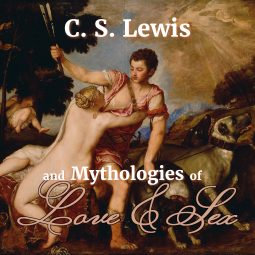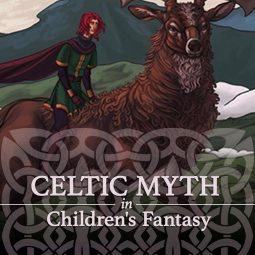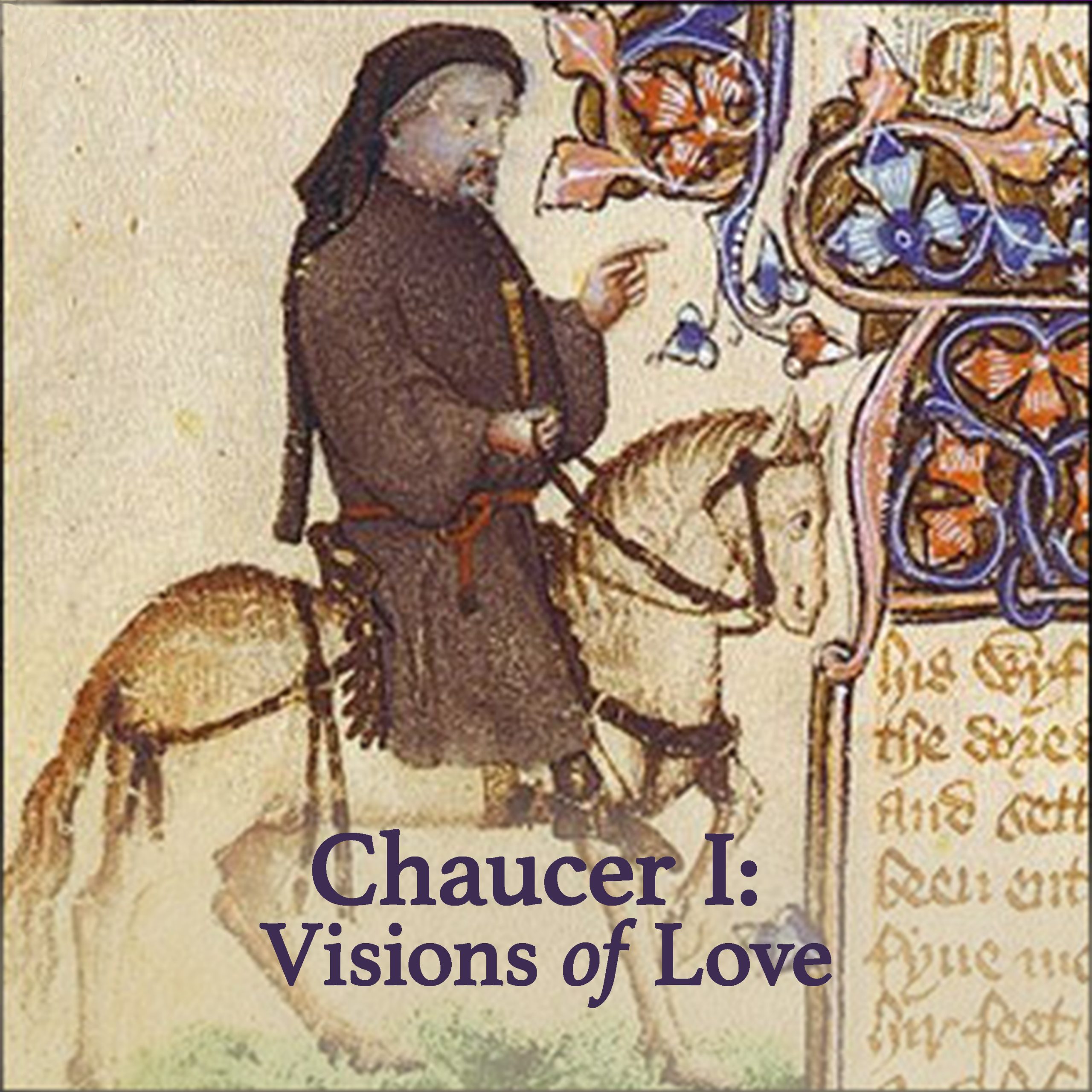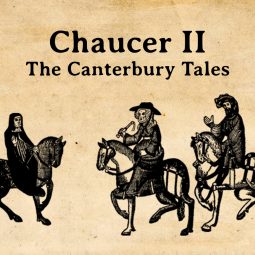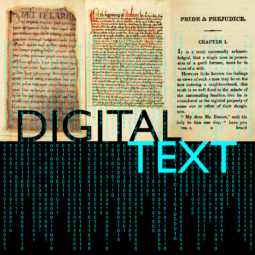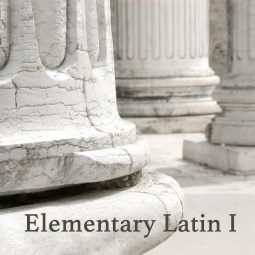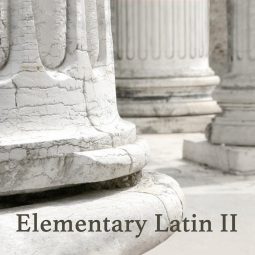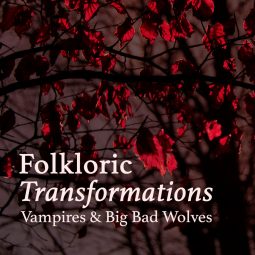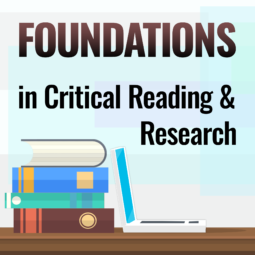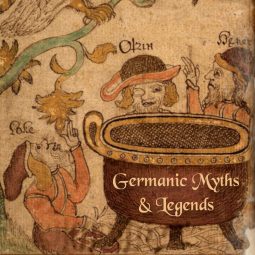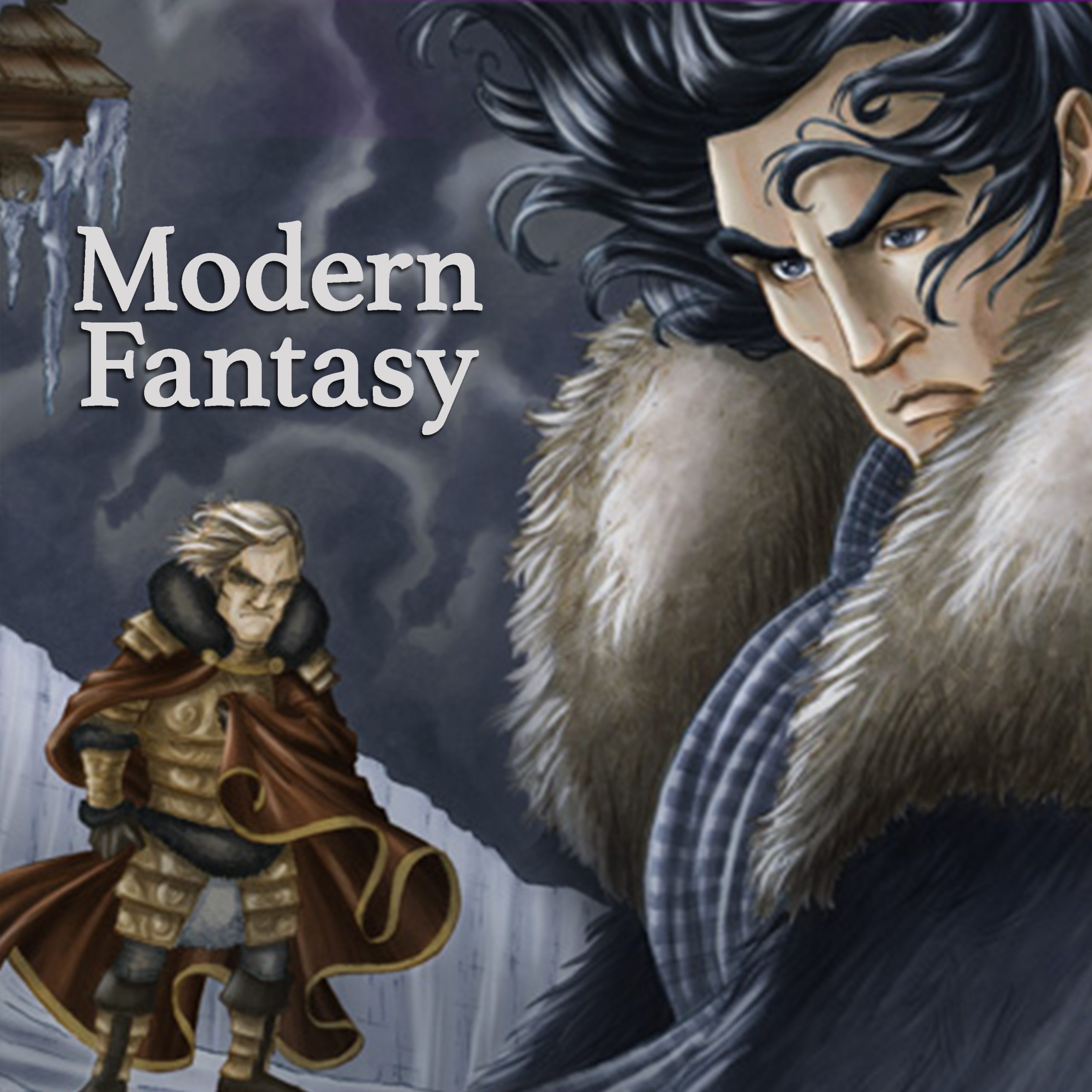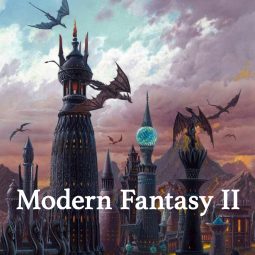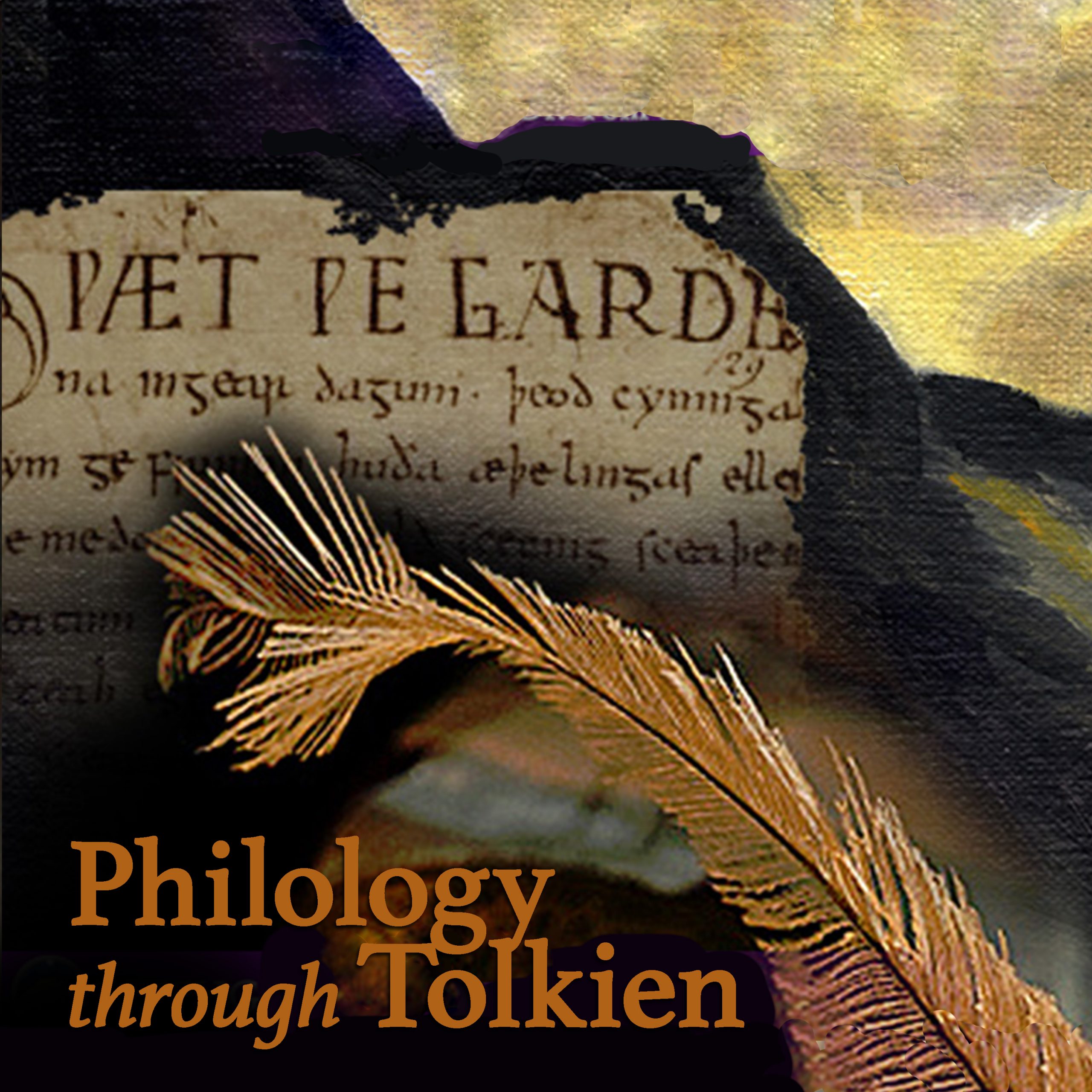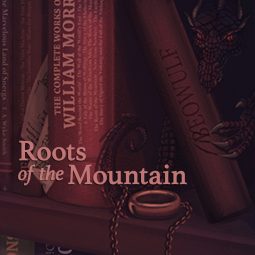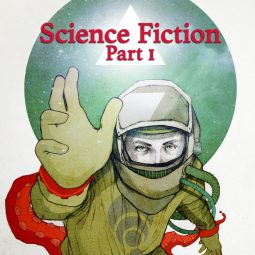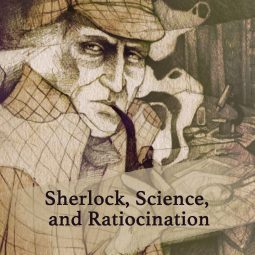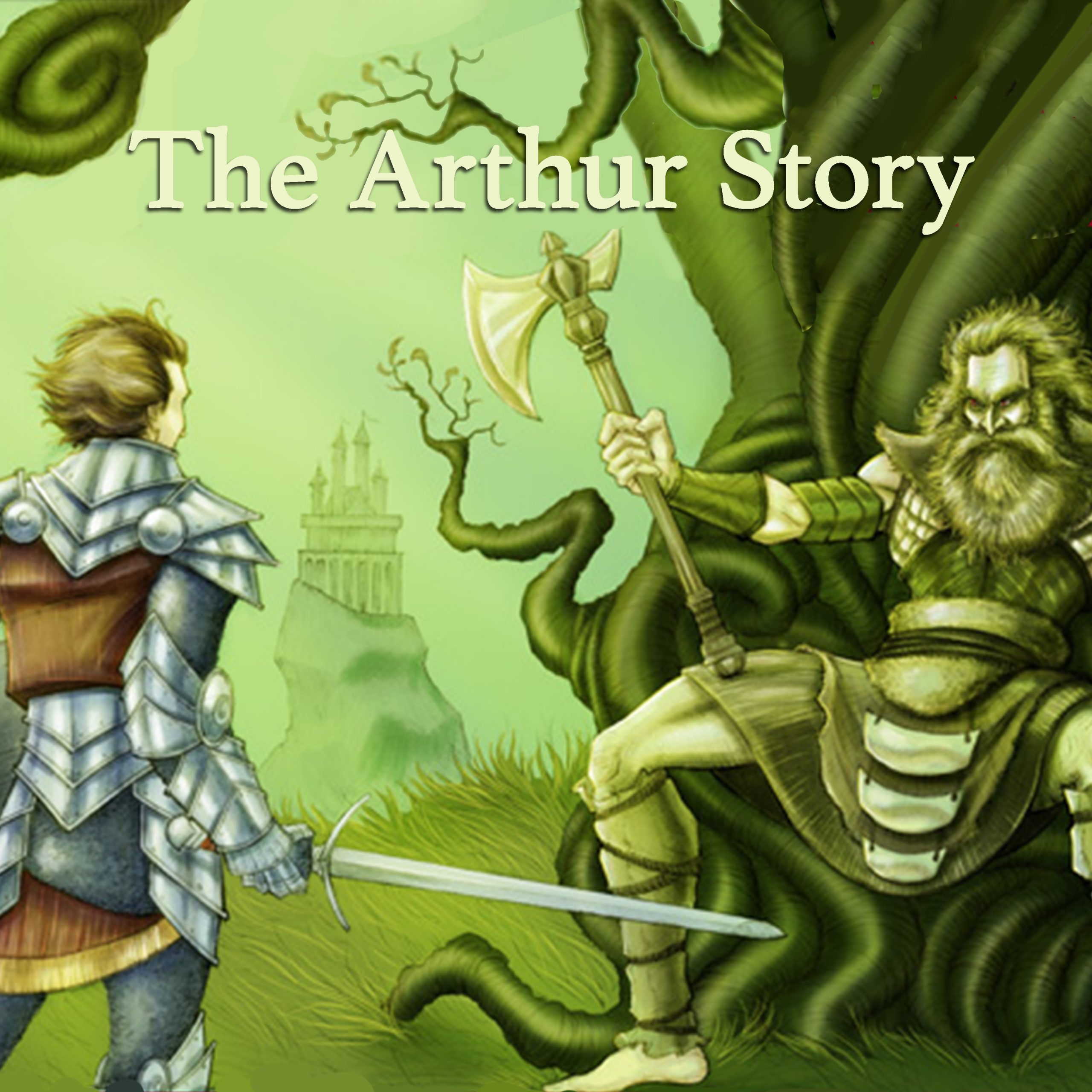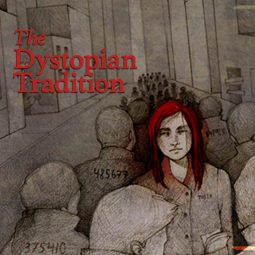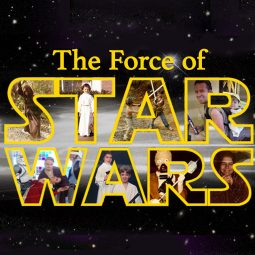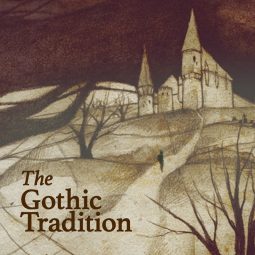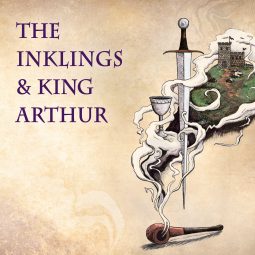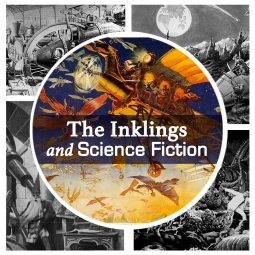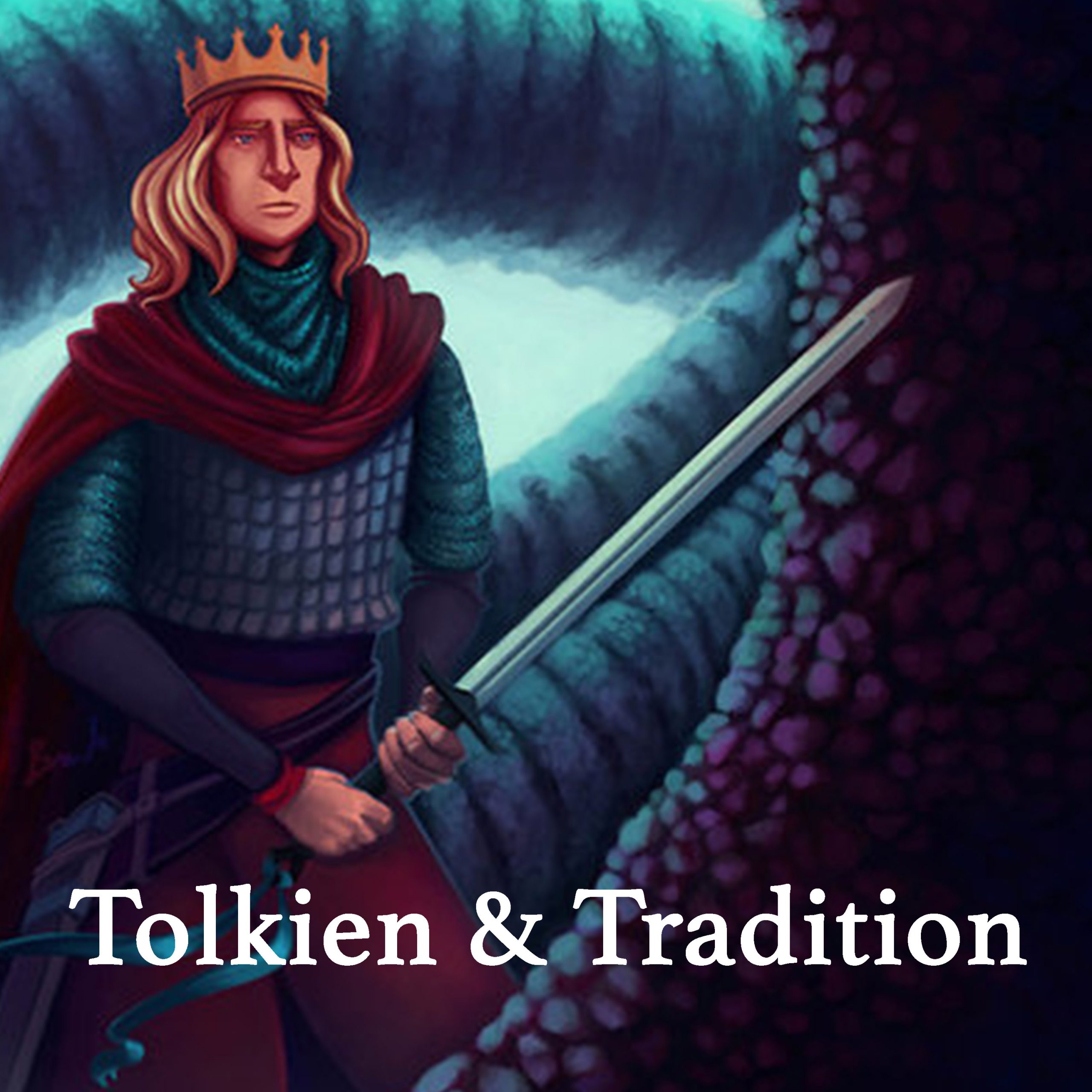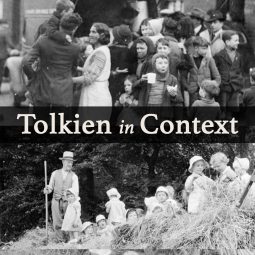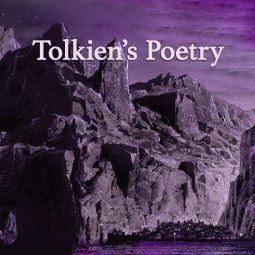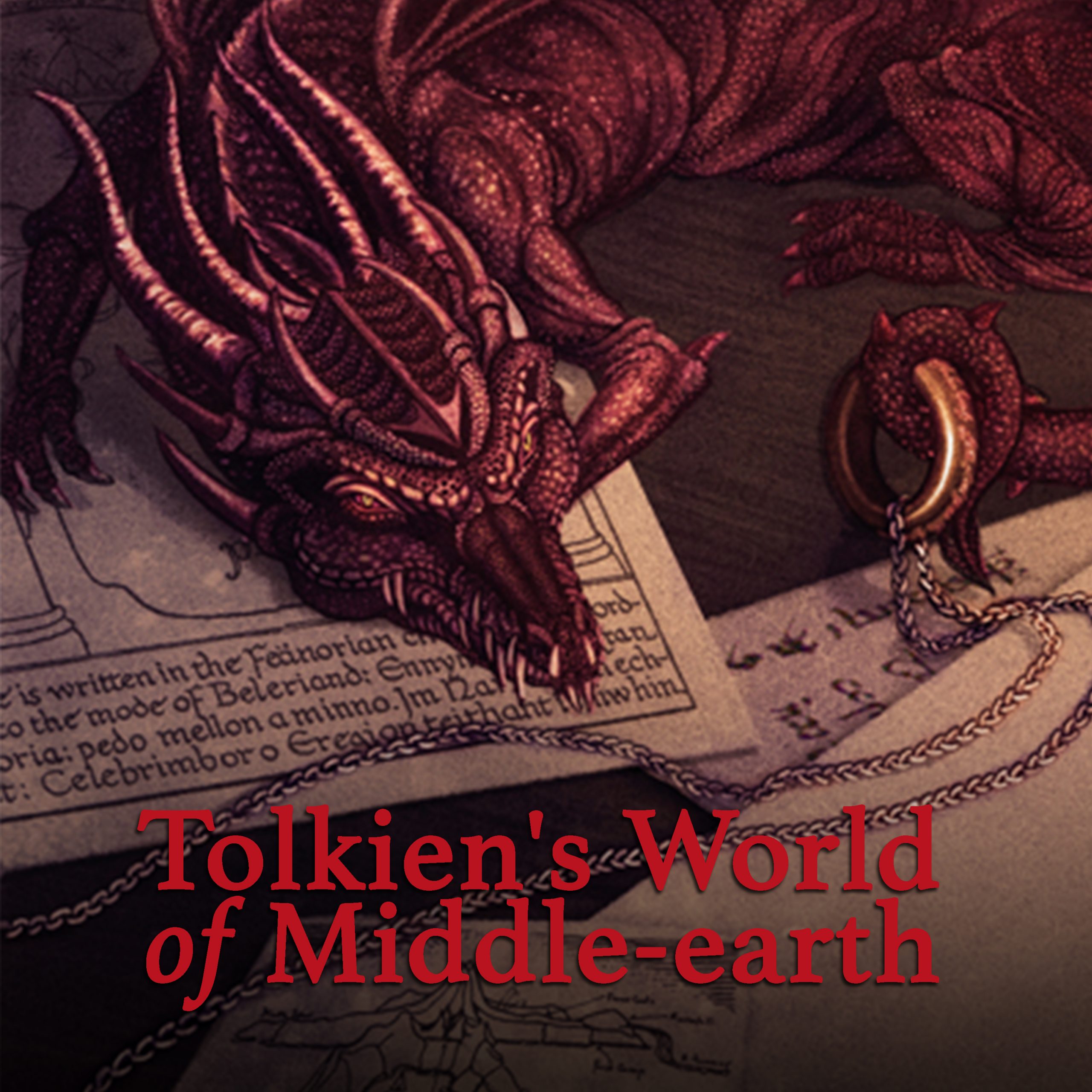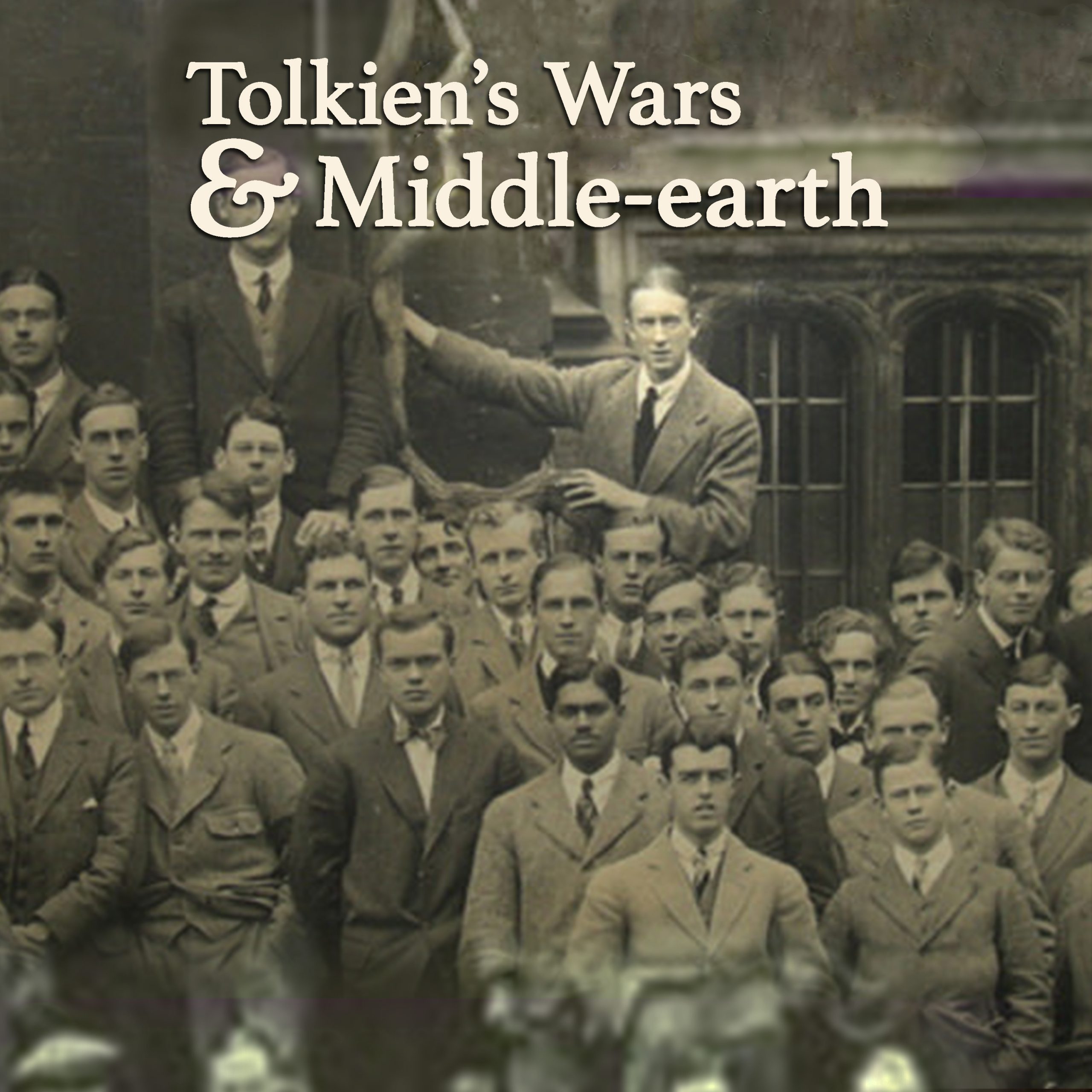Looking for a course you don’t see here? Our Lectures are moving! Click HERE to learn all about it.
-
Beowulf Through Tolkien
This course examines Tolkien and Beowulf together to provide insight into both the classic Old English epic and Tolkien’s modern fantasy works.
-
Beyond Middle-earth
Join Corey Olsen and Tom Shippey for an in-depth look at the works of J.R.R. Tolkien.
-
C.S. Lewis and Mythologies of Love and Sex
This course explores some of the great mythologies of love that provide a background to today’s culture, sketched out along the twin paths of C.S. Lewis’ The Four Loves and a chronological development of the ideas of love.
-
Celtic Myth in Children’s Fantasy
This course examines contemporary fantasy works whose authors have adapted, revised and re-imagined the medieval mythological texts of Ireland and Wales.
-
Chaucer I: Visions of Love
This class is the first semester in a two-part survey of Chaucer’s major works, looking at his early dream vision poems and his greatest completed work: Troilus and Criseyde.
-
Chaucer II: The Canterbury Tales
In this class we will study one of the great classics of English literature, The Canterbury Tales, in which we see Chaucer at the height of his poetic abilities, mixing sensitive characterization with stunningly complex storytelling.
-
Digital Text
This course is an introduction to developing and working with texts electronically, particularly literary and historical language texts.
-
Elementary Latin I
Elementary Latin I is an intensive course designed to introduce you to the basic elements of the Latin language.
-
Elementary Latin II
The second semester of Elementary Latin completes the introduction to the basic elements of the Latin language, emphasizing the fundamentals of grammar, vocabulary, and reading comprehension.
-
Folkloric Transformations: Vampires & Big Bad Wolves
This course explores the transformations of folklore in modern literature, film, and TV, focusing primarily on vampires, as well as fairy tale creatures.
-
Foundations in Critical Reading and Research
This core course introduces students to current practices and conventions of graduate scholarship in Language and Literature, core literary theories, and foundational Humanities skills.
-
Germanic Myths and Legends
This course puts the myths and legends of the medieval Germanic world in their wider cultural and historical contexts.
-
Modern Fantasy I
This course explores fantasy literature written within the past 50 years, with an examination of the works of six top modern fantasy authors: Peter Beagle, Ursula Le Guin, Neil Gaiman, Jim Butcher, Garth Nix, and George R. R. Martin.
-
Modern Fantasy II
This course explores fantasy literature written over the past 60 years with an examination of the works of six modern fantasy authors.
-
Philology Through Tolkien
This course uses the life and works of Tolkien as an introduction to the discipline of comparative philology and to highlight the many links between this field and his creative writings. The course offers an introductory overview of several Germanic languages and their literatures, such as Gothic, Old and Middle English, and Old Norse, and…
-
Roots of the Mountain
This course studies Tolkien’s works in relation to the fantasy literature of the nineteenth and twentieth centuries.
-
Science Fiction Part I
Join award-winning scholar Dr. Amy H. Sturgis as she explores the ways in which the literature of science fiction over time has asked the question: “What if?”
-
Sherlock, Science, and Ratiocination
This course focuses on Edgar Allan Poe and Conan Doyle and how their works blended scientific method, mystery, and imagination to create the modern literature of detection.
-
The Arthur Story
This course explores King Arthur from his beginnings in the historical record in the late 5th/early 6th century through Tennyson’s idealistic vision of the great King in the late 19th century.
-
The Dystopian Tradition
This class will consider historical and current “what if?” thought experiments, including classics such as 1984 and bestsellers like The Hunger Games.
-
The Force of Star Wars: Examining the Epic
This course explores the creation of the Star Wars canon, its history as a cultural phenomenon and its staying power as a story.
-
The Gothic Tradition
This course will investigate the fascinating and subversive Gothic imagination, identify the historical conditions that have inspired it, and consider how it has developed across time and place and medium.
-
The Inklings and King Arthur
This course explores how J.R.R. Tolkien, C.S. Lewis, Charles Williams, and other Inklings authors interpreted the Arthurian legends in their work.
-
The Inklings and Science Fiction
This course covers the Inklings’ creative and personal encounters with science fiction.
-
Tolkien & Tradition
This course helps students learn to evaluate Tolkien’s works both individually and comparatively, judging them in the context of each other as well as of their sources.
-
Tolkien in Context
This course examines how Tolkien’s subcreated world of Middle-earth engages with issues and concepts relevant to readers, including racism, immigration, the place of women, the ongoing battle of good versus evil, environmental concerns and the rise of technology.
-
Tolkien’s Poetry
In this class, we will examine Tolkien’s short poetic works in detail, taking a chronological look at Tolkien’s career through the window of his poetry.
-
Tolkien’s World of Middle-earth
In this course, students will read Tolkien’s critical essays, translations, and imaginative stories to explore how his world and his myth developed over time.
-
Tolkien’s Wars and Middle-earth
This course explores the life of J.R.R. Tolkien and the impact his experiences had on his work, with a particular focus on the World War I and World War II time periods.
